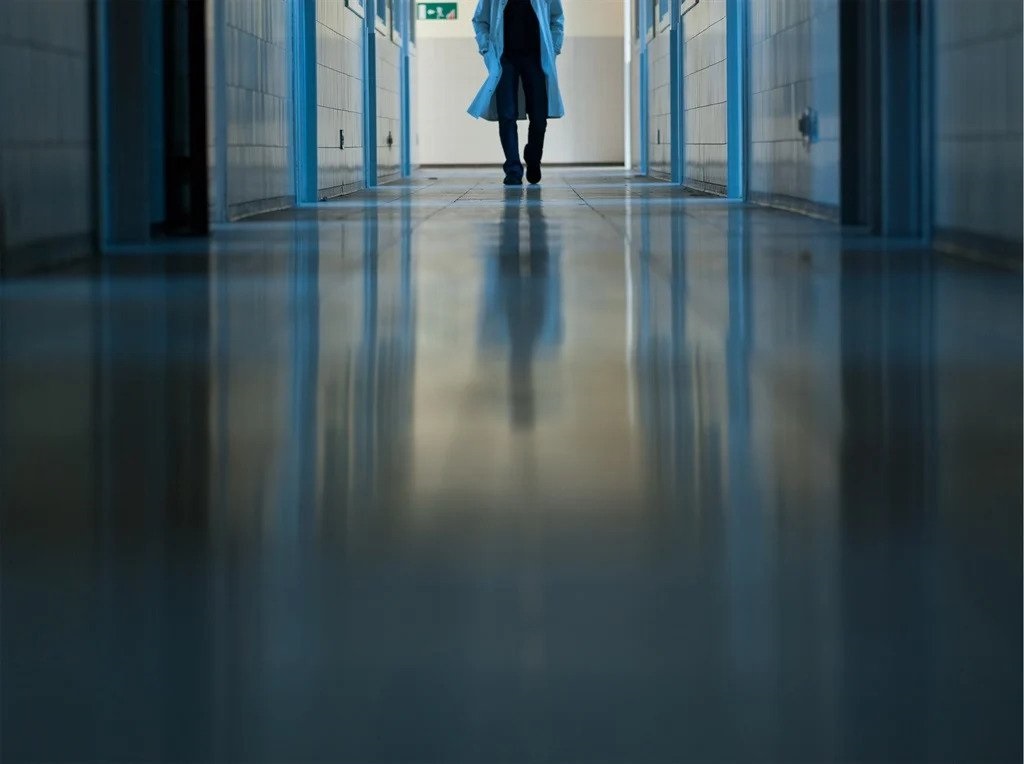
Admitting errors is difficult and does not come naturally. Medical students must be intentionally taught how to face these difficult situations, but are they?
A member of my family took her baby girl who had a weeping birth mark to the doctor. The treatment given made the birth mark a lot worse and they went back to ask for advice. The doctor became defensive, insisting that the correct treatment had been given.
There was an attempt to shift the blame to the parents. They were troubled by the way they were treated and felt the doctor did not care. This episode made them feel cynical about healthcare professionals in general.
This story caused me to reflect on the difficult conversations that doctors regularly have and how to handle situations when treatment does not go to plan. Together with Professors Mathys labuschagne and Gina Joubert, we asked whether medical students are adequately prepared for the daunting task of disclosing medical errors.
Doctors expected to be honest and open
There is an idea that doctors are perfect and that a good doctor should never make mistakes. However, medical mistakes remain common despite increasing patient safety measures worldwide. These mistakes can have severe consequences for the patients. They can make doctors feel guilty and self-doubt can creep in. They can also lead to litigation.
According to a study undertaken at Wits University in 2017, the main barriers to error disclosure in South Africa are fear of victimisation by colleagues and fear of litigation. Larisse Prinsen, a senior lecturer in law at the University of the Free State (UFS), recently explored the reasons for the sky-rocketing number of medical litigation cases in South Africa and concluded that:
When researchers asked doctors whether error disclosure was the right thing to do, more than 70% of them said yes. However, when they were asked whether they had disclosed their last error, only 16% replied yes. There was an apt description of this contrast between beliefs and behaviour in 2013: “Ethics says yes, but instinct says no.”
READ: Gauteng health department pays R228 million for medical negligence
Admitting errors is difficult and does not come naturally. Medical students must be intentionally taught how to face these difficult situations, but are they? Error disclosure has been included in the UK medical communication skills curriculum for some time.
However, in South Africa researchers found that specialists and postgraduate trainees reported little training in this complex communication skill. In terms of undergraduate students, there was hardly any information regarding training in error disclosure.
Review training in disclosure of medical errors
Students at the UFS Medical School were asked to review training they had in the disclosure of medical errors. These findings were interpreted in light of available literature. This formed part of a wider study in which medical students reviewed the communication skills training they had received as undergraduates.
The study had a cross-sectional, descriptive and quantitative design. Fourth- and fifth-year medical students at UFS completed anonymous questionnaires to review the doctor-patient communication skills training.
This is an area where there is a huge need and an opportunity for professional growth through learning and teaching. Role-modelling of the right behaviour is essential. Medical educators should nurture honesty and humility in medical trainees so that patients can trust medical graduates.
READ: R1.6 billion in medical negligence claims threatens to collapse Gauteng healthcare system
Training in error disclosure is just one thread in the tapestry of patient safety. Making use of the simulation unit can equip students to become skilled in procedures prior to performing these procedures on patients.
Training in patient safety measures such as the safe prescribing of medication, good note-keeping and clear inter-professional communication are other aspects of paramount importance. Furthermore, system factors that could increase errors, such as insufficient staff to deal with the workload and inadequate resources, should be addressed.
Most importantly, the myth of perfection should be debunked. In that way, errors can be reported and prevented, rather than hidden and lamented.
• Swinfen is a lecturer and medical officer at the School of Biomedical Sciences at the University of the Free State. The research on which this article is based recently won the first prize in the best educational paper in the junior category at this year’s Faculty of Health Sciences Research Forum




 Publications
Publications
 Partners
Partners








